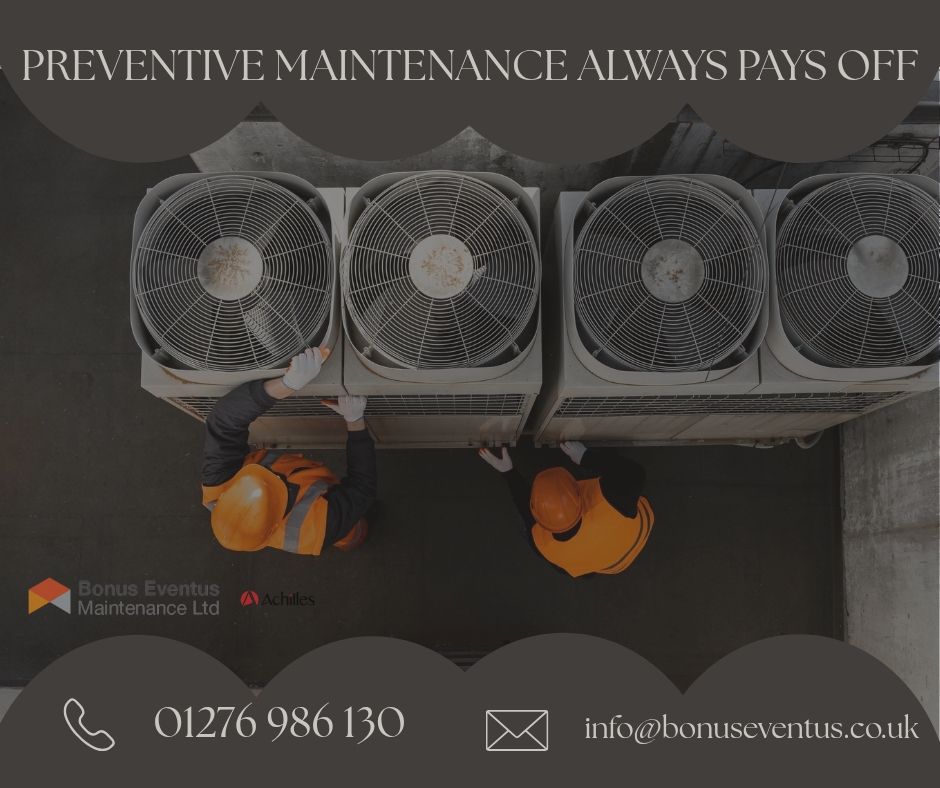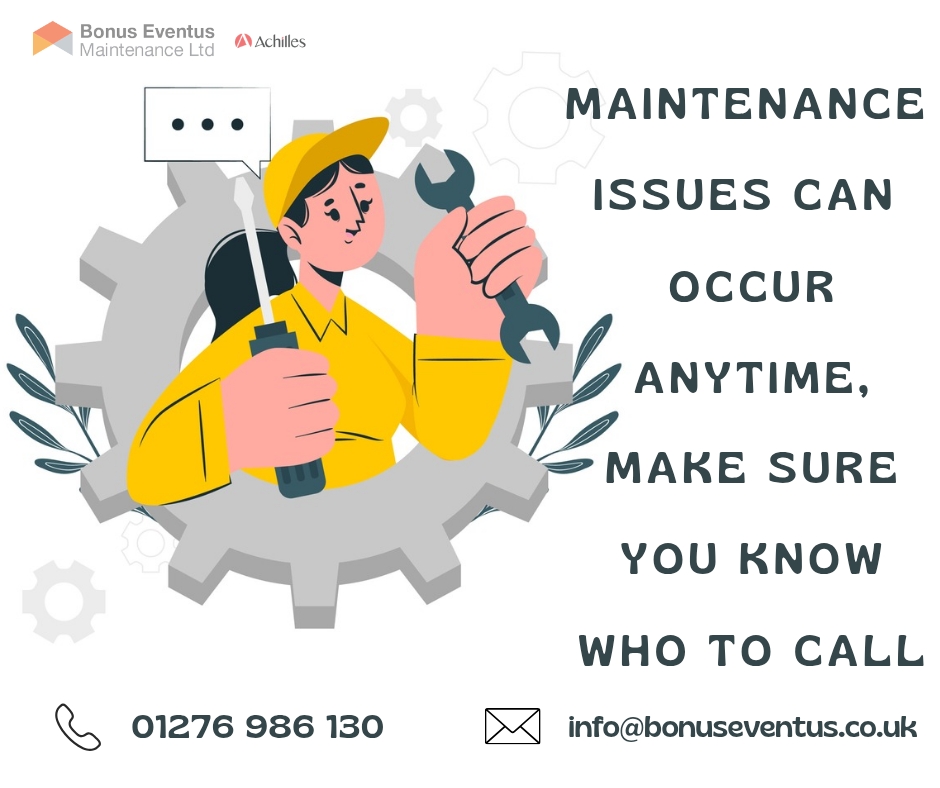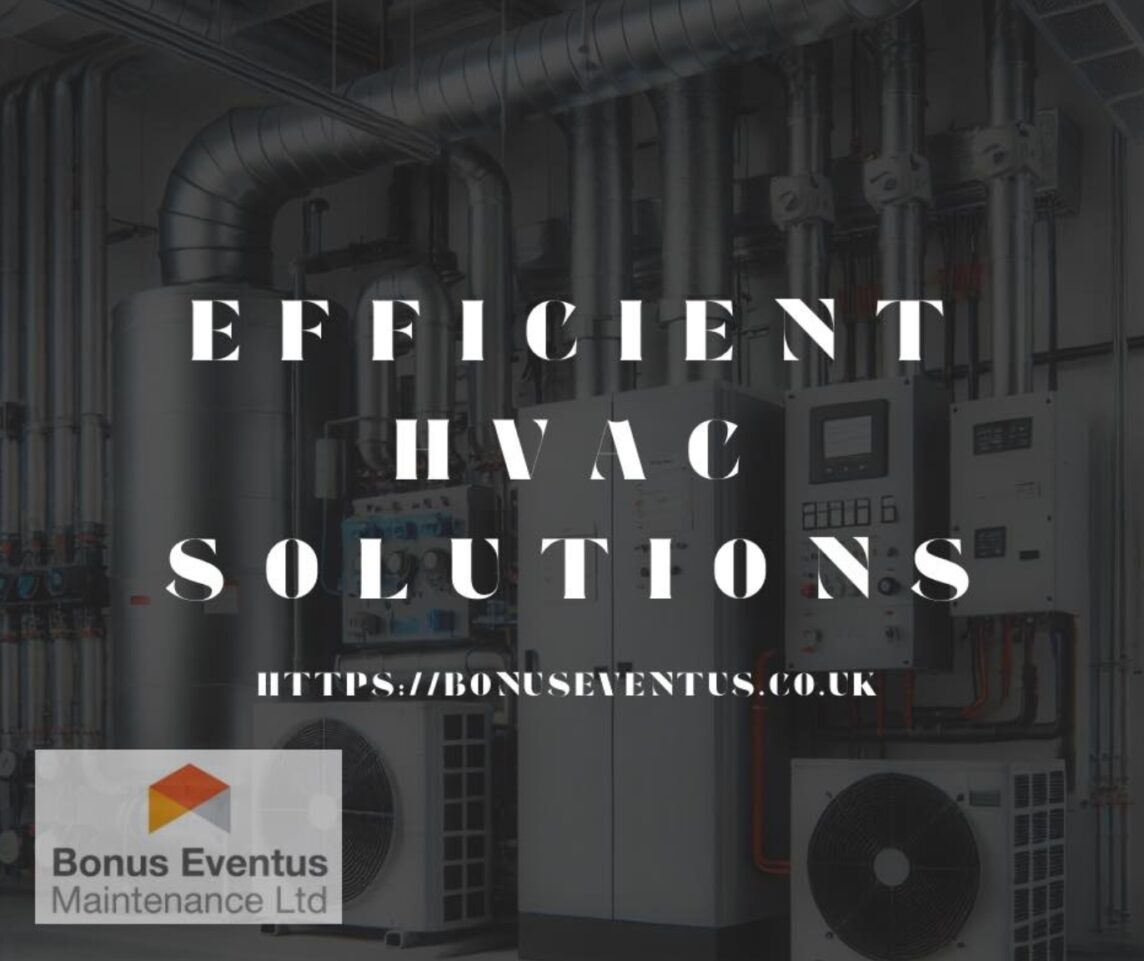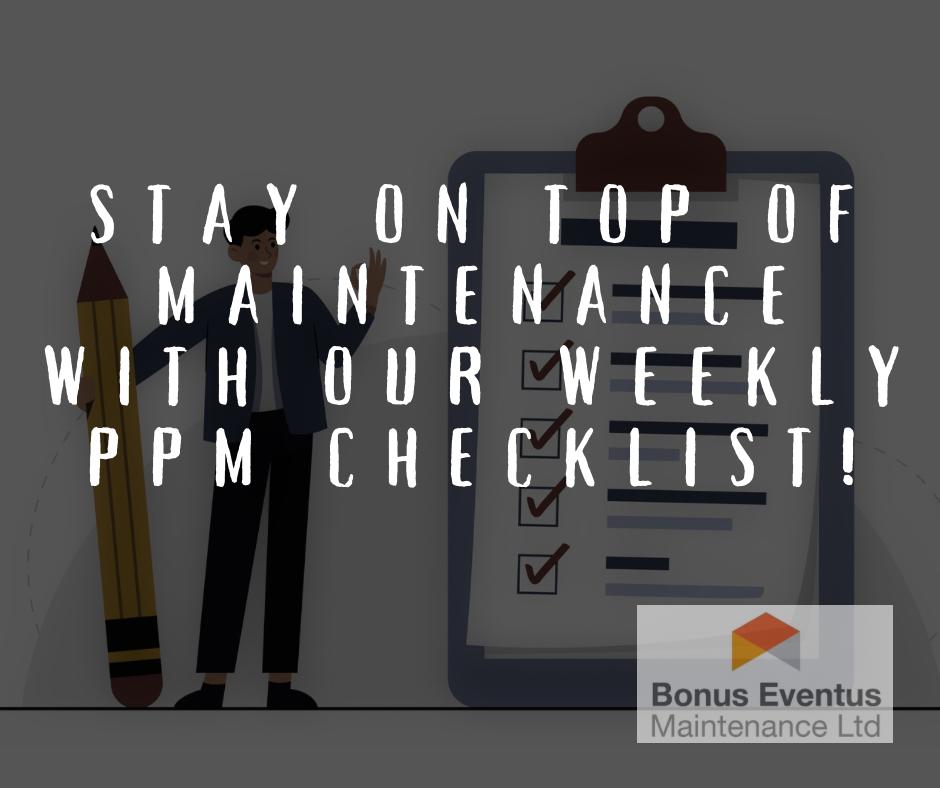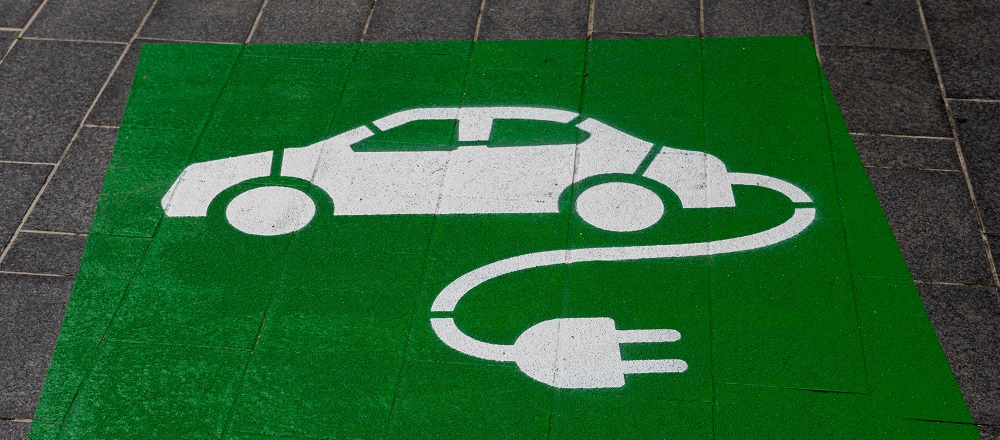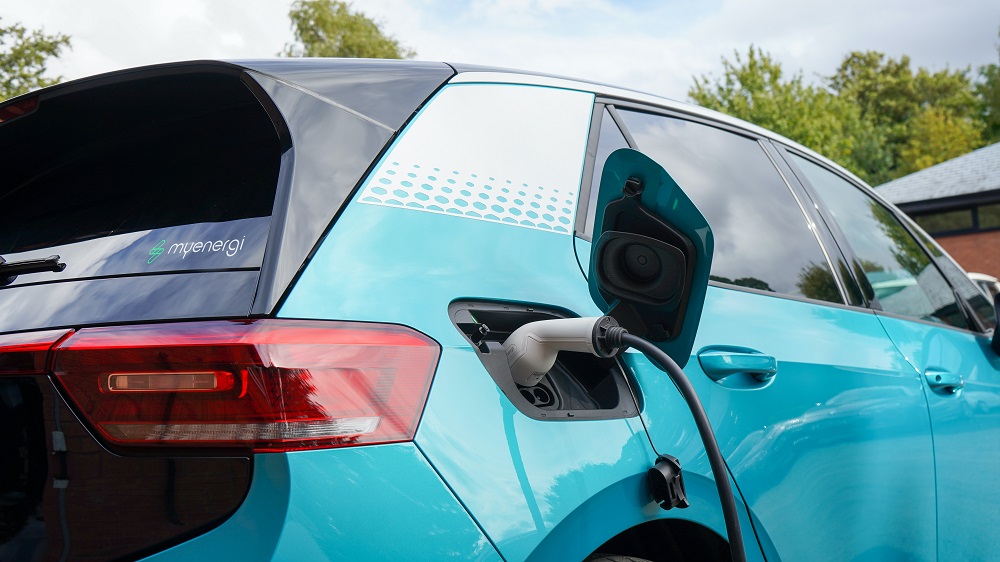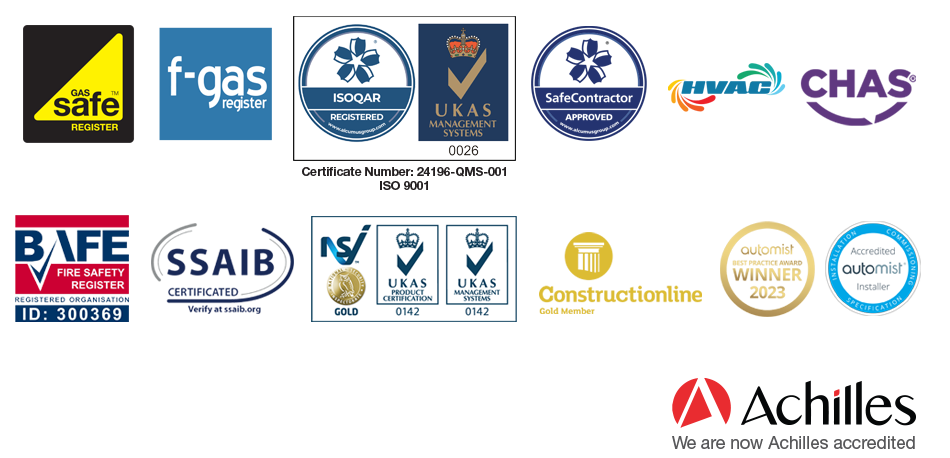Regular maintenance is key to extending the lifespan of your HVAC systems. Here are five simple tips to keep your systems running efficiently year-round:
🔧 1. Change Your Air Filters Regularly
Swap them out every 1–3 months to keep airflow strong and reduce strain on your system.
🌬️ 2. Keep Vents & Registers Clear
Make sure furniture or curtains aren’t blocking airflow—your HVAC needs room to breathe!
🧼 3. Clean Around Outdoor Units
Remove leaves, dirt, and debris from around your AC unit or heat pump to boost performance.
📅 4. Schedule Seasonal Tune-Ups
Have a pro inspect and service your system every spring and fall for optimal performance and early problem detection.
📉 5. Use a Programmable Thermostat
Set it to match your schedule—save energy without sacrificing comfort.
Get professional help, contact us today!
📞 01276 986 130
📧 info@bonuseventus.co.uk
🌐 https://bonuseventus.co.uk/
#TipsThursday #HVACTips
